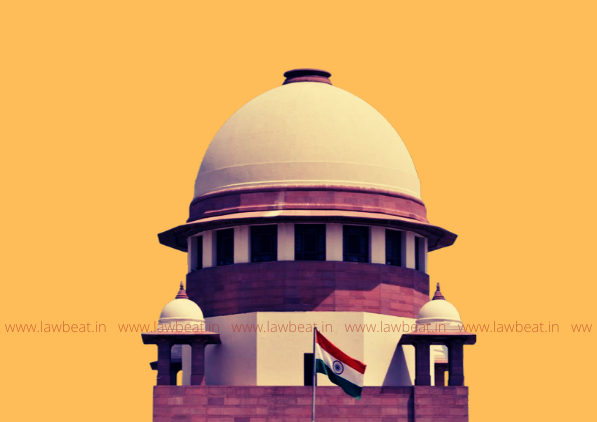Places Of Worship Act, 1991: Supreme Court Issues Notices In Plea Challenging Validity of Provisions

The Top Court has issued Notice on a plea challenging validity of provisions under the Places of Worship (Special Provisions) Act, 1991.
In the matter of Ashwini Kumar Upadhyay v. Union of India, Supreme Court Bench led by Chief Justice Bobde issued notice to the Ministry of Law and Justice, Ministry of Home Affairs and the Ministry of Culture.
The Act, as alleged, takes away the power of Court and Religious Sects to restore their places of Worship. Challenge has been sought against Sections 2,3,4 Places of Worship (Special Provisions) Act, 1991 on the grounds of Article 14,15,21,25,26 and 29 of the Constitution.
Cause of Action, as mentioned, arose when the impugned Act came into force on 11.07.1991.
“Centre by making the impugned Act has created arbitrary irrational retrospective cutoff date, declared that character of places of worship-pilgrimage shall be maintained as it was on 15.8.1947 and no suit or proceeding shall lie in Court in respect of disputes against encroachment done by fundamentalist barbaric invaders and law breakers and such proceeding shall stand abated. If suit/appeal/proceeding filed on ground that conversion of place of worship and pilgrimage has taken place after 15.8.1947 and before 18.9.1991, that shall be disposed off in terms of S.4(1)”, the plea states.
It is the contention of the petitioner that by aforementioned provisions, the Centre has barred the remedies against illegal encroachment on places of worship and pilgrimages as no Hindu, Buddhist or Sikh can file any suit or approach High Court under Article 226 for restoration of his place of worship.
It is further submitted that by enacting such law, the legislature has taken away the power of Judicial Review from the Courts, which is the Basic Structure of the Constitution.
Following are the grounds preferred by the Petitioner against the said provisions:
(i) Offends right of Hindus Jains Buddhists Sikhs to pray profess practice and prorogate religion (Article 25)
(ii) Infringes on rights of Hindus Jains Buddhists Sikhs to manage maintain administer the places of worship and pilgrimage (Article 26)
(iii) Deprives Hindus Jains Buddhists Sikhs from owning/acquiring religious properties belonging to deity (misappropriated by other communities)
(iv) Takes away right of judicial remedy of Hindus Jains Buddhists Sikhs to take back their places of worship and pilgrimage and the property which belong to deity
(v) Deprives Hindus Jains Buddhists Sikhs to take back their places of worship and pilgrimage connected with cultural heritage (Article 29)
(vi) Restricts Hindus, Jains, Buddhists, Sikhs to restore the possession of places of worship and pilgrimage but allows Muslims to claim under S.107 Waqf Act
(vii) Legalize barbarian acts of invaders
(viii) Violates the doctrine of Hindu law; ‘Temple property is never lost even if enjoyed by strangers for years and even the king cannot take away property as deity is embodiment of God and is juristic person, represents ‘Infinite the timeless’ and cannot be confined by the shackles of time.’
